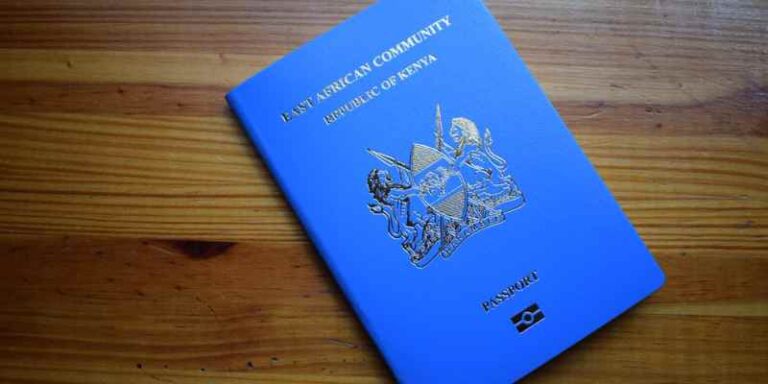
Admissions into public schools seem to be an uphill task in many regions of the world, especially in some African countries such as Kenya. While being an area where public schooling is deemed free and fair for all, some officials at these schools defy the laws by asking the desperate parents for some hefty bribes.
Such bribes are incredibly expensive: they sometimes go into tens of thousands of shillings. It is a growing menace and thus an impediment to the ever-dwindling educational opportunities especially for the few financially struggling families.
Some parents are told that no more books or spaces are left in the school until they pay a “special fee” to get their child admitted. Otherwise, they may be asked to pay a few other fees such as “motivation fees” or “appreciation gifts” which are not approved by the government.
Even more serious are those cases whereby admission letters are sold by some schools to the highest bidder. In other words, even if such a child had performed well in his or her exams and deserved to be admitted, he/she may be denied an admission on account that another family can pay more money.
A corruption of this nature causes quite some harm: it is an injustice to the poor families who cannot afford these illegal fees, and their children are either forced to stay at home or go to worse schools. This widens the gap between rich and poor children and limits opportunities for children who need education the most. Second, it breeds a culture of scorn
Also read: KUCCPS Reopens Portal for Revision: A Full Guide for Application
If children grow up seeing adults getting ahead by paying bribes, they may think that corruption is normal and acceptable. Lastly, it wastes public resources. Public schools are funded by the government using taxpayer money. When corruption spreads in schools, it taints resources meant to promote teaching and help all children to learn.
The governments and anti-corruption bodies are aware of this problem and are trying to fix it. In Kenya, the Ethics and Anti-Corruption Commission warned head teachers that they should not be asking for bribes and urged parents to report such cases.
The Ministry of Education initiated a digital system called NEMIS to track students and conduct school admissions with transparency. However, very many parents remain afraid to report incidents, fearing that their children could be punished or deprived of educational opportunities.
Here, stronger action is needed. The government needs to do regular inspections of schools to make sure that everyone is following the rules. Parents should also be made aware of their rights. This would make it harder for unscrupulous officials to trick or take advantage of them.
There should also be safe channels for exposing corrupt activities. But more importantly, school officials who solicit bribes should be punished so they would dissuade others from doing the same. Education is a right and not a privilege for the rich. Every child should have the opportunity to go to school and learn free from the pressure of illegal bribes from their parents.

